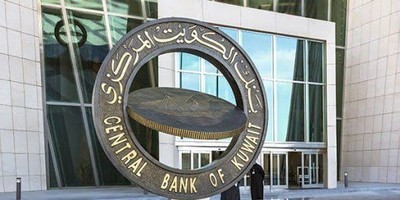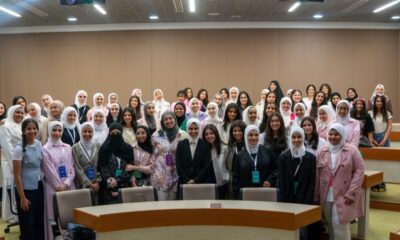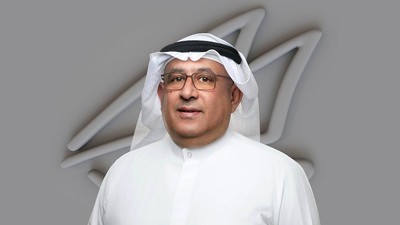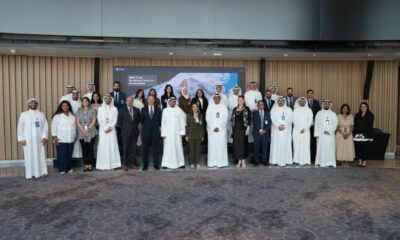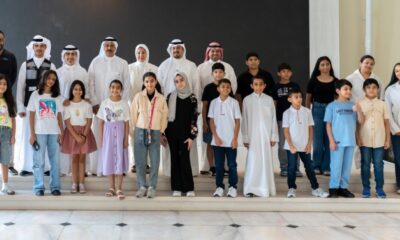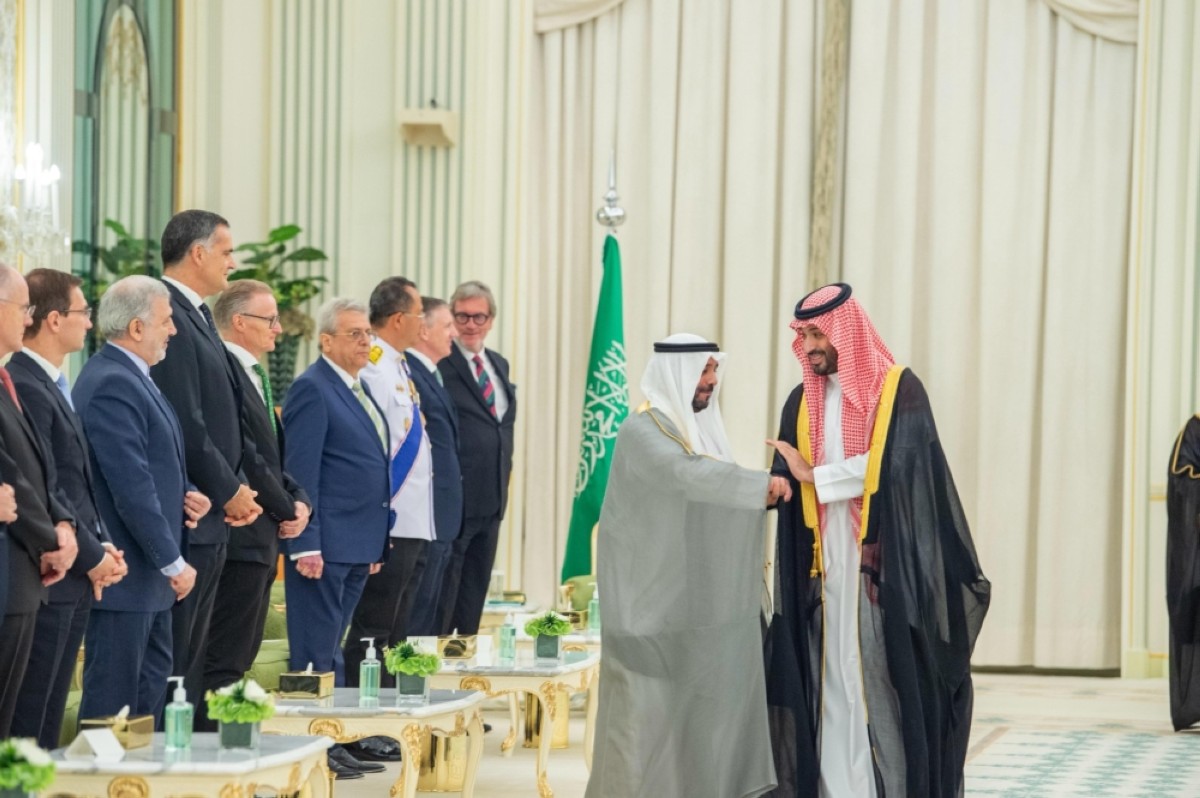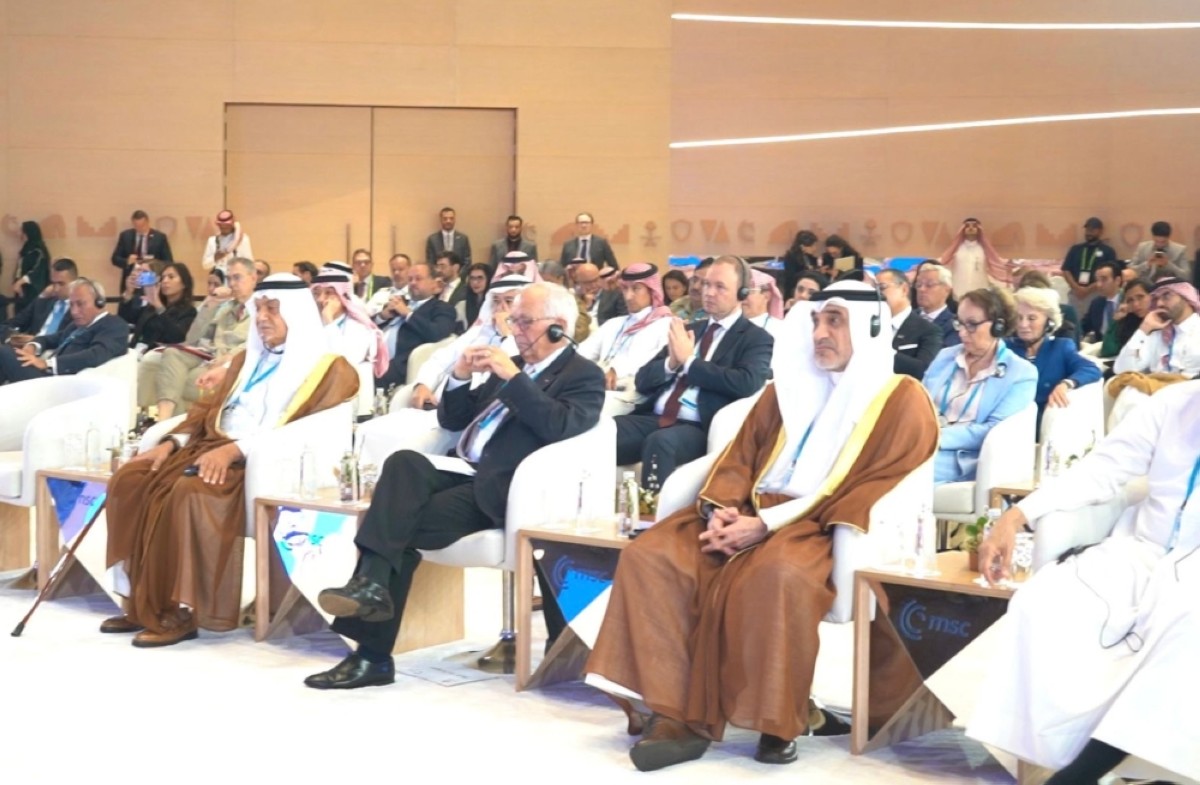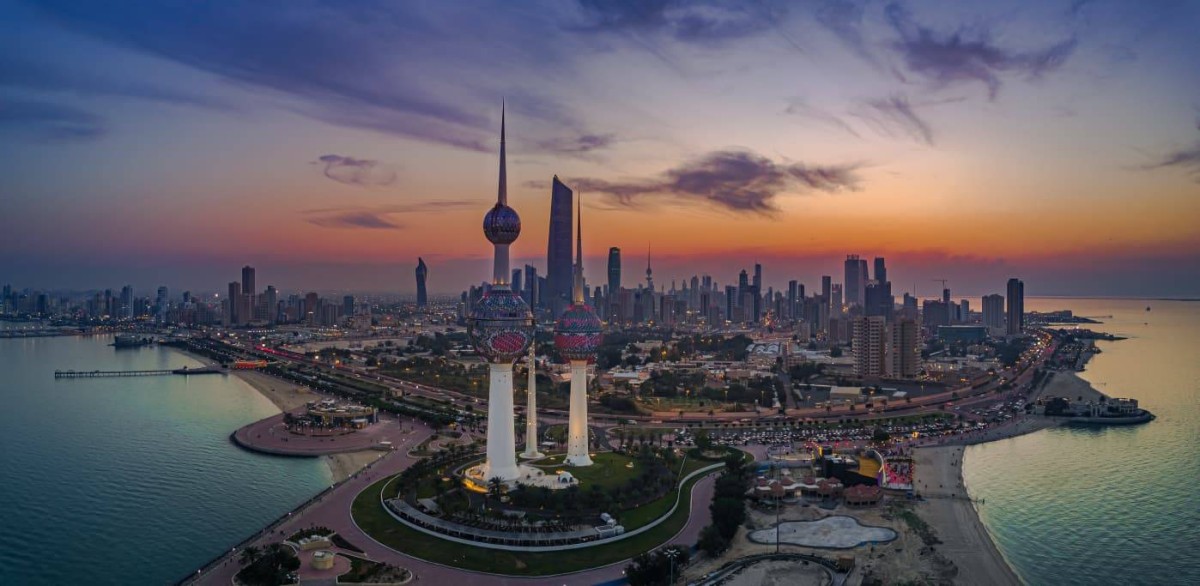Latest News
CBK develops new tech for generating cryptographic keys
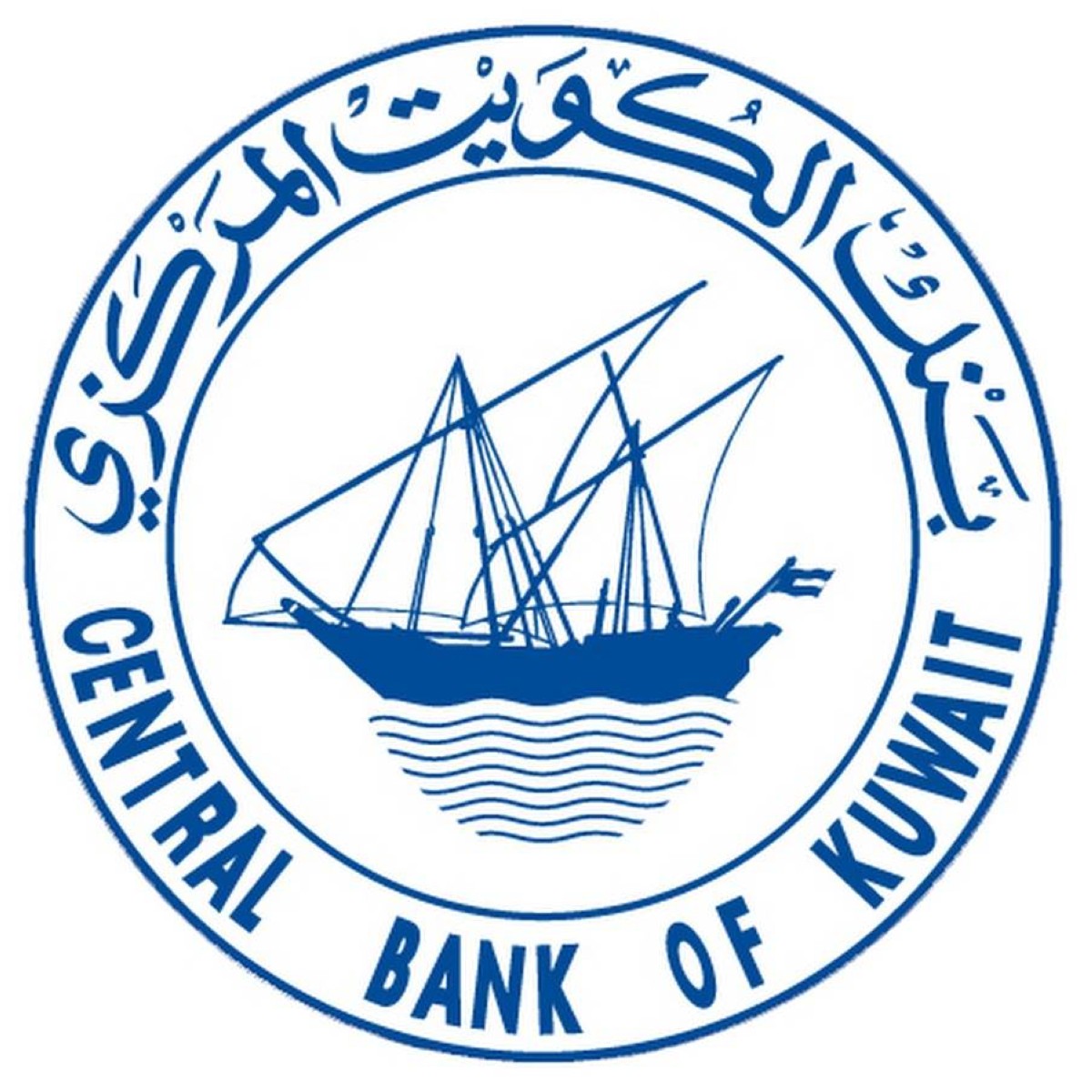
Latest News
Kuwaiti Ambassador presents credentials to Saudi Crown Prince
Latest News
Deputy PM stresses cooperation amid Gaza crisis at summit
Latest News
Kuwait issues $11.25bn bonds | Kuwait Times Newspaper
-

 Business19 hours ago
Business19 hours agoJapan’s central bank survey shows an improved outlook for manufacturers
-

 Politics11 hours ago
Politics11 hours agoJahra Traffic Crackdown: Vehicles Seized, Violators Arrested
-

 Latest News16 hours ago
Latest News16 hours agoMinister: Kuwait’s ranking on US Trafficking in Persons Report improved
-

 Latest News19 hours ago
Latest News19 hours agoAmir receives Crown Prince, speaks with Oman Sultan
-

 Latest News9 hours ago
Latest News9 hours agoCAN kicks off annual breast cancer awareness campaign
-

 Politics8 hours ago
Politics8 hours agoKuwaiti Fined KD 10,000 for Insulting Kuwaiti Society in Viral Video
-

 Latest News8 hours ago
Latest News8 hours agoKuwait to standardize recognition of foreign high school diplomas
-

 Politics7 hours ago
Politics7 hours agoKuwait Visa Fraud: Officials and Company Owner Held Over 382 Fake Worker Permits

